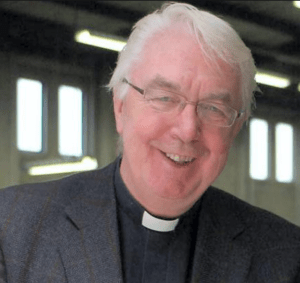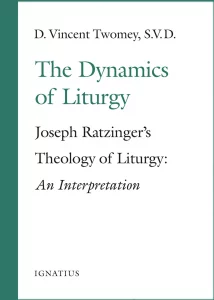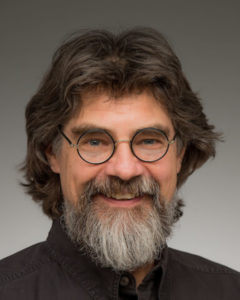Podcast: Play in new window | Download (Duration: 31:34 — 21.8MB) | Embed
Subscribe: Apple Podcasts | Spotify | Amazon Music | Android | Pandora | iHeartRadio | JioSaavn | Podchaser | Gaana | Podcast Index | Email | TuneIn | Deezer | Anghami | RSS | More

SJC20 – Suffering for Love of a Crucified Beloved – St. John of the Cross: Master of Contemplation with Fr. Donald Haggerty – Discerning Hearts Podcast
In this series Fr. Donald Haggerty and Kris McGregor discuss the depths of prayer as explored by St. John of the Cross, the Mystical Doctor of the Church.
An excerpt from St. John of the Cross: Master of Contemplation
Certainly an atmosphere of great challenge pervades the writings of Saint John of the Cross. It is possible that the recurring accent on purification, interior trials, dissatisfaction in prayer, or the wounds of love in certain sections of Saint John of the Cross’ writings has a jarring or intimidating effect. His attention to painful experiences may seem to propose a spirituality of endless burdens and impossible endurance. From our perspective, this focus may be too excessive. It is not that we lack struggles and tribulations. Who does not experience them?
Yet our own thought may be that matters of trial and difficulty should be kept to a minimum and brought to a conclusion as quickly as possible. For many people, even of strong religious conviction, the common experiences of fatigue and pain compete with the pursuit of pleasures and comforts. We often find a way to compensate ourselves with worldly enjoyment if for a time we have faced trial and difficulty. Perhaps we do not ponder the Gospel deeply enough. Suffering for the sake of a profound love of God can be a neglected notion in our understanding of love, though clearly not for Saint John of the Cross: “Let Christ crucified be enough for you, and with him suffer and take your rest, and hence annihilate yourself in all inward and outward things” (SLL 92). That kind of advice is not commonly heard at any time in the Church.
Haggerty, Donald. Saint John of the Cross: Master of Contemplation (p. 317). Ignatius Press. Kindle Edition.
For more episodes in this series, visit Fr. Haggerty’s Discerning Hearts page here.
You find the book on which this series is based here



 Fr. Vincent Twomey – The Dynamics of Liturgy, Part 2 on Inside the Pages w/ Kris McGregor
Fr. Vincent Twomey – The Dynamics of Liturgy, Part 2 on Inside the Pages w/ Kris McGregor You can find the book
You can find the book 





